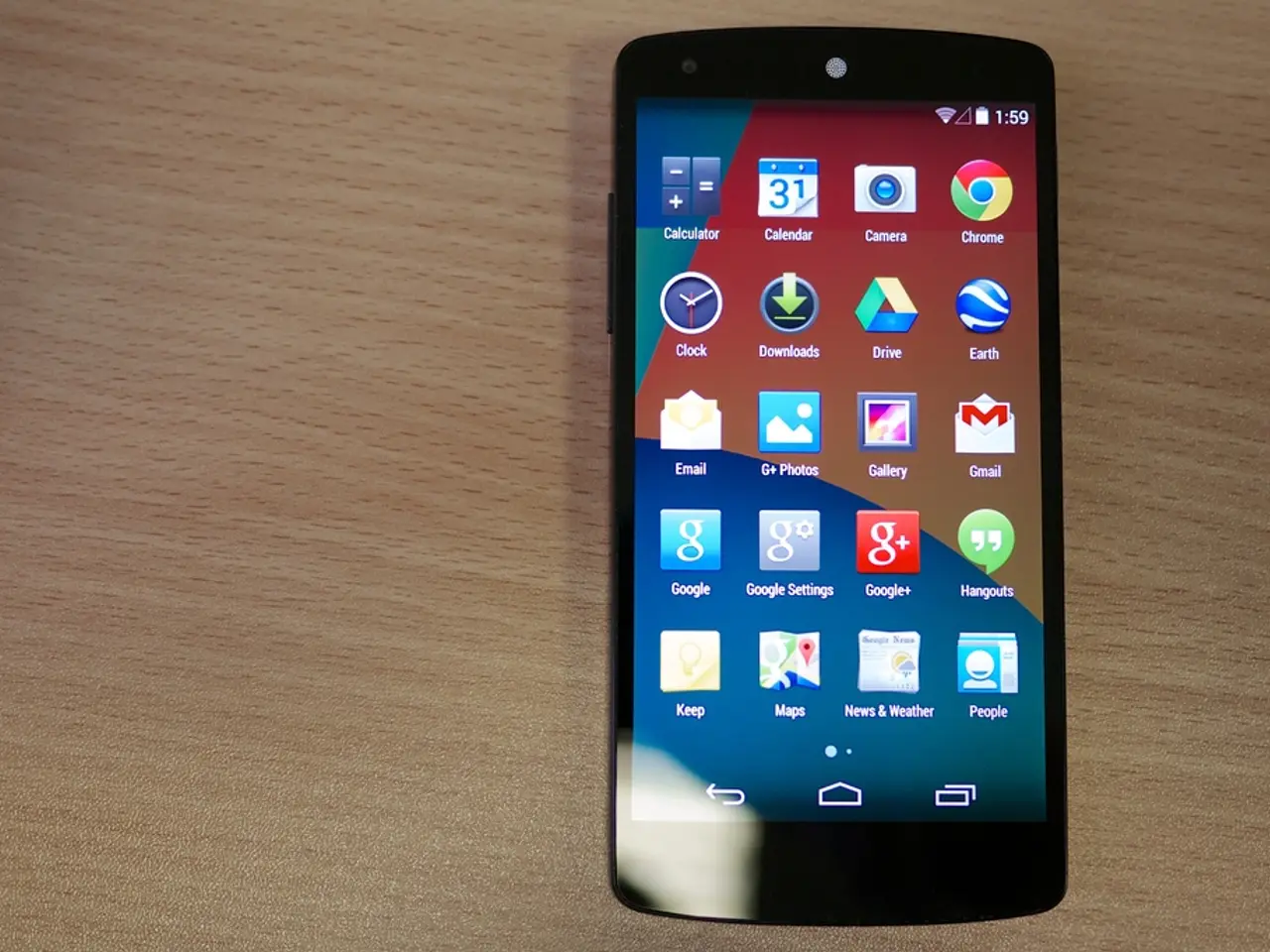Convert a website into a functional Android application
In the digital age, mobile usage has surpassed desktop usage, making it essential for businesses to tap into the expansive mobile app user base. One effective way to do this is by converting a website into a mobile app. Two main methods for this conversion exist: custom app development and using a no-code mobile app builder. This article will focus on the latter, highlighting some of the best no-code tools for website conversion.
## Best No-Code Mobile App Builders for Website Conversion
### 1. Appy Pie's Website to App Converter
Ideal for beginners and small businesses, Appy Pie offers a no-code, visual editor, push notification support, offline access, store submission assistance, and multiple monetization options. While it may lack advanced customization options, its ease of use and fast conversion process make it a popular choice.
### 2. Appilix
Suitable for solopreneurs and freelancers, Appilix generates Android app outputs with AdMob integration and basic customization. Its quick and low-cost nature makes it an attractive option, although its features are primarily focused on Android.
### 3. Twinr.dev
Businesses needing more control over branding and user interaction will find Twinr.dev a valuable tool. It offers full white-label options, native app behavior, Firebase integration, and real-time updates. With its advanced customization and native app behavior, Twinr.dev is a great choice for those seeking more control over their mobile app.
### 4. MobiLoud
Ideal for businesses with existing websites, especially those needing a hands-off conversion and maintenance process, MobiLoud converts websites into native mobile apps for iOS and Android. Its done-for-you service handles app building, submission, and maintenance, making it a hassle-free option for businesses with established websites.
## Choosing the Right One for Your Needs
When selecting a no-code mobile app builder, consider the complexity of your website, the level of customization needed, cost considerations, maintenance needs, and platform support. For simple conversions with minimal customization, Appy Pie or Appilix might suffice. For more complex apps requiring full customization, Twinr.dev is a better choice. Evaluate pricing models, maintenance needs, and platform support to find the best fit for your requirements.
Preparing the website for conversion requires a thorough content review, simplifying menus and links, and addressing user feedback to fix problems. Once the website is optimized for mobile, testing is crucial to correct errors, improve user retention, and prepare customer support. After passing tests, the app should be submitted to Google Play Store and Apple App Store, requiring optimization for App Store Optimization criteria.
Promoting the Android app can be done using SEO, email marketing campaigns, and social media. The UI of no-code app building tools is designed to be highly intuitive and user-friendly. In-App Advertising, Freemium Subscriptions, In-App Purchases, and Sponsorship Ads are methods of mobile app monetization. Having a dual web and app presence can boost SERP rankings. ASO enhances the app's visibility and allows you to showcase it better than others.
In conclusion, converting a website to a mobile app can be a game-changer for businesses looking to reach a wider audience. Choosing the right no-code app builder is crucial to ensure a smooth conversion process, effective app monetization, and a user-friendly end product.
- For small businesses and beginners seeking an easy-to-use no-code website to app converter, Appy Pie offers a visual editor, push notifications, offline access, store submission assistance, and multiple monetization options.
- Twinr.dev is a valuable tool for businesses needing advanced customization and full control over branding and user interaction, as it offers native app behavior, real-time updates, and Firebase integration.
- When promoting the mobile app, businesses can boost their Search Engine Result Page (SERP) rankings by employing techniques like SEO, email marketing campaigns, and social media, while also utilizing in-app advertising, freemium subscriptions, in-app purchases, and sponsorship ads for monetization.




